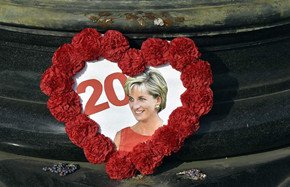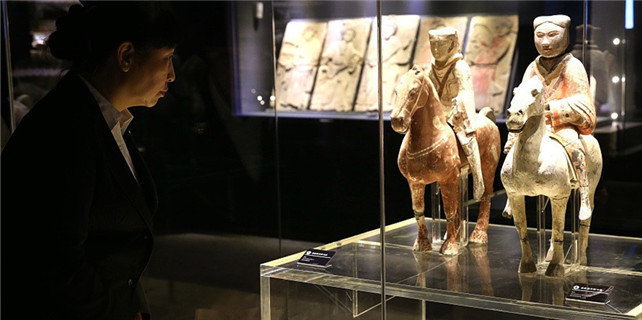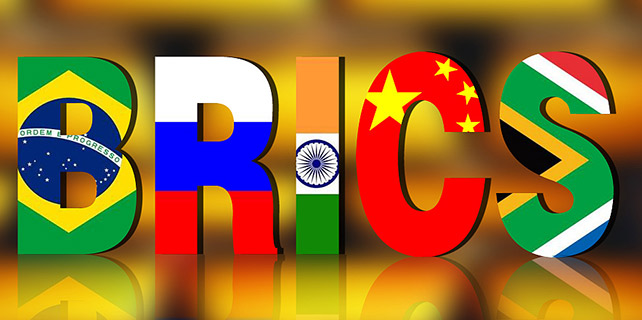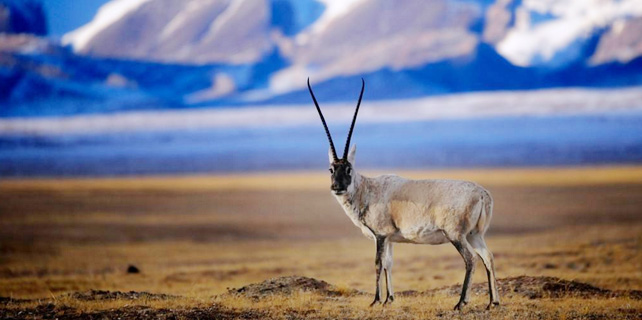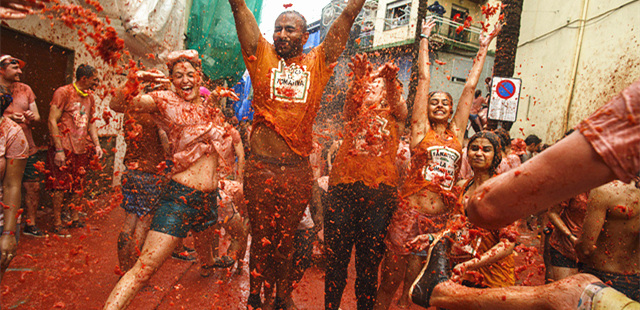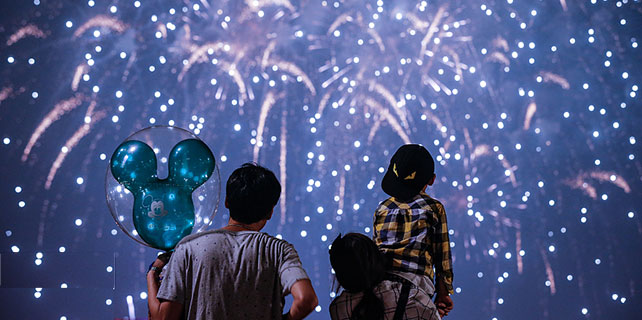20 years on, Britain's Diana cult lives on
|
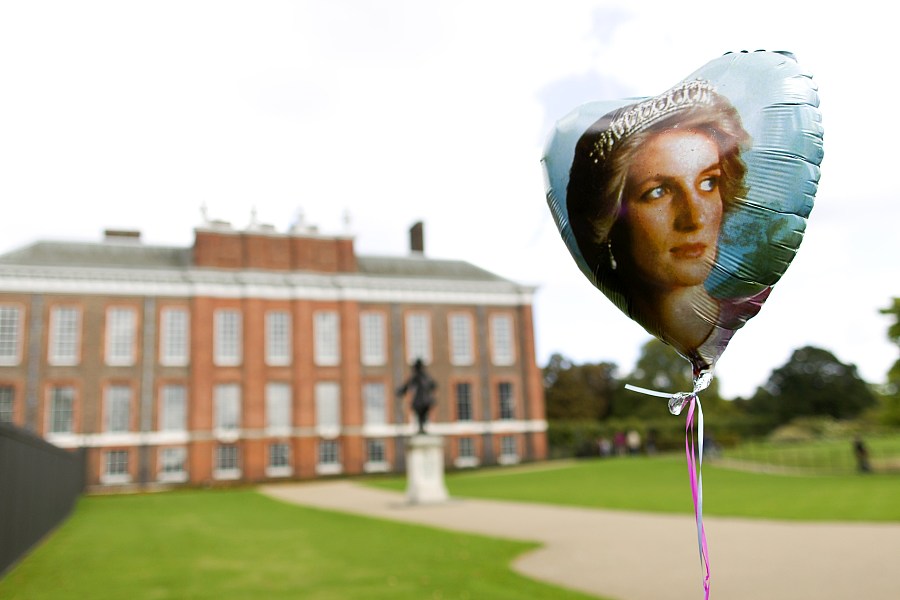 |
|
A balloon bearing the picture of Britain's Princess Diana is placed outside Kensington Palace along with other tributes marking the 17th anniversary of her death in London on August 31, 2014. The Princess of Wales died in 1997 in a Paris car crash.[Photo/VCG] |
Indeed, echoes of August 1997 can be heard in many of today's modern protest moments - now turbocharged by the internet and social media.
The issue or event can be anything. But the sequence is usually the same. First, something happens. Then, an ill-informed viewpoint quickly forms powered by social media and often combined with vitriolic attacks on anyone not sharing that point of view. And, like in 1997, political leaders and traditional media organizations lack the courage to lead and inform their public.
Take just a couple of issues since Diana's death.
In the United States, support for causes promoted by the protest group Black Lives Matter has at times taken on Diana-esque characteristics. The group, originally founded following the shooting of the black teenager Trayvon Martin, campaigns against racism and violence toward black people.
The case of Martin has many of the hallmarks of the hysteria that followed Diana's death. Public outrage over the initial release and subsequent acquittal of Martin’s killer, George Zimmerman, quickly turned into nationwide protests demanding a retrial. It did not matter that a court had just cleared the defendant of murder.
Again, far from investigating the facts surrounding the case, some sections of the media decided to join the campaign against Martin's killer, with the broadcaster NBC being forced to apologise for its selective editing of a 911 call, and most outlets choosing not to show photographs that might suggest Martin had an aggressive side.
On social media, the rage at Zimmerman forced his defence team to take the unusual step of creating a website to counter some of the false accusations about their client.
You would have thought that politicians would choose to rise above the hysteria and emotion, providing leadership at a difficult time, but the most powerful man in the world couldn't do it.
"If I had a son, he'd look like Trayvon," said Barack Obama, unhelpfully.
Most recently, the tragic case of the British baby Charlie Gard, who suffered from a rare genetic disorder, has again seen a Diana-type irrationality return among sections of the public.




